Fall 2010 Senior Thesis Abstracts
Self Identity as a Narrative by Brianna Fields
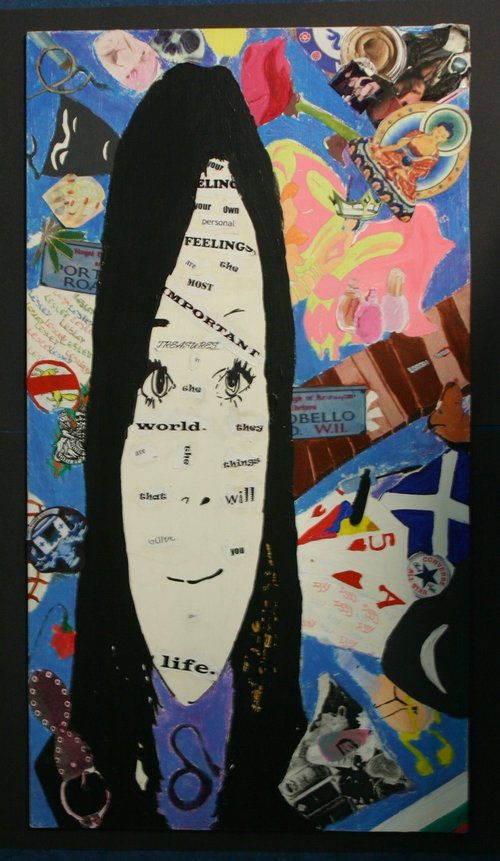 Self Identity plays a significant role in our everyday lives. It is not uncommon to hear someone say that a person is not being him or herself, or for us to tell others that they need to be themselves. The density of these statements is often over looked due to its basic language, yet at the same time it is individually and socially explored at great lengths. What is the self? What do we believe that it comprises? If we are all just constructs of biological, societal, and cultural norms, why do we attribute value to the self and its identity? What makes the self so intriguing that people embark on journeys to find it? Drawing from the works of Alasdair MacIntyre and Paul Ricoeur, this paper explores the idea of narrative identity, the significance of the narrative, and how these narratives, whether true or false, can be threaded together to create such a self. It will also explore the relativity of the self amongst selves and how they identify with one another. It will conclude that individual narratives play a significant role in self identity despite its malleability.
Self Identity plays a significant role in our everyday lives. It is not uncommon to hear someone say that a person is not being him or herself, or for us to tell others that they need to be themselves. The density of these statements is often over looked due to its basic language, yet at the same time it is individually and socially explored at great lengths. What is the self? What do we believe that it comprises? If we are all just constructs of biological, societal, and cultural norms, why do we attribute value to the self and its identity? What makes the self so intriguing that people embark on journeys to find it? Drawing from the works of Alasdair MacIntyre and Paul Ricoeur, this paper explores the idea of narrative identity, the significance of the narrative, and how these narratives, whether true or false, can be threaded together to create such a self. It will also explore the relativity of the self amongst selves and how they identify with one another. It will conclude that individual narratives play a significant role in self identity despite its malleability.
Screw Your Family: A Philosophical Examination of Incest by Shatera Kimbrough
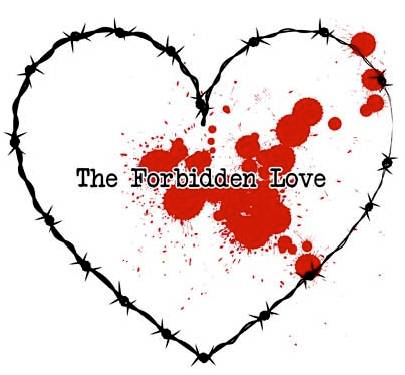 Incest is rarely discussed because of the cultural notion that it is something that people just shouldn't do. It is generally considered immoral because it carries with it the baggage of perversion and dysfunction. Incest violates religious dictates, can lead to malformed offspring, and is repulsive, thereby it is considered unacceptable in almost all cultures. Despite this, there are cases of sexual contact among relatives that are not ruled out. When we put the notion of autonomy in its proper ethical place, issues of consent undermine the blanket prohibition against incest. When all parties are fully informed and equipped to give consent, incest is nothing more than sex. The fact that incest can merely be reduced to simply intercourse, it should be given the same autonomy as any other accepted intimate relationship, needing no explanation, or defense. We should be given the right to have sex with whom we please (assuming that the other individual in question is also willing to engage in sexual activity) and the fact that two individuals share similar genotypes should not warrant considering incest a forbidden love.
Incest is rarely discussed because of the cultural notion that it is something that people just shouldn't do. It is generally considered immoral because it carries with it the baggage of perversion and dysfunction. Incest violates religious dictates, can lead to malformed offspring, and is repulsive, thereby it is considered unacceptable in almost all cultures. Despite this, there are cases of sexual contact among relatives that are not ruled out. When we put the notion of autonomy in its proper ethical place, issues of consent undermine the blanket prohibition against incest. When all parties are fully informed and equipped to give consent, incest is nothing more than sex. The fact that incest can merely be reduced to simply intercourse, it should be given the same autonomy as any other accepted intimate relationship, needing no explanation, or defense. We should be given the right to have sex with whom we please (assuming that the other individual in question is also willing to engage in sexual activity) and the fact that two individuals share similar genotypes should not warrant considering incest a forbidden love.
You Kant Fight the Feelings: Emotions and Kantian Morality by Lamin Oo
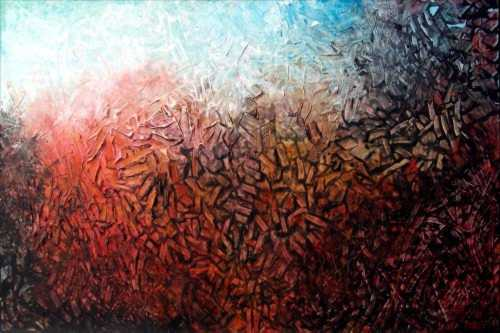 Emotions play many roles in the human experience. At basic levels, emotions function as survival tools (i.e., fear warns us of danger and disgust alerts us to potential contamination). They are also important for more complex human experience. Emotions allow us to form meaningful relationships with other beings and they contribute to the quality of one's existence. Yet, within the domain of Kantian morality, emotions are not given any positive roles. In fact, they are regarded as a dangerous threat to morality and rationality. This paper challenges this Kantian position by examining the nature of emotions and how they are related to morality. I show ways in which emotions are both instrumental and essential for a moral agent to carry out her moral duty. Thus, the picture of a moral person that emerges from this thesis is one who responds to moral situations not only through the right actions but also from and with the appropriate emotions.
Emotions play many roles in the human experience. At basic levels, emotions function as survival tools (i.e., fear warns us of danger and disgust alerts us to potential contamination). They are also important for more complex human experience. Emotions allow us to form meaningful relationships with other beings and they contribute to the quality of one's existence. Yet, within the domain of Kantian morality, emotions are not given any positive roles. In fact, they are regarded as a dangerous threat to morality and rationality. This paper challenges this Kantian position by examining the nature of emotions and how they are related to morality. I show ways in which emotions are both instrumental and essential for a moral agent to carry out her moral duty. Thus, the picture of a moral person that emerges from this thesis is one who responds to moral situations not only through the right actions but also from and with the appropriate emotions.
Ordinary Men in a Modern World: A Look at the Perpetrators and Warnings of the Holocaust by Sam Potter
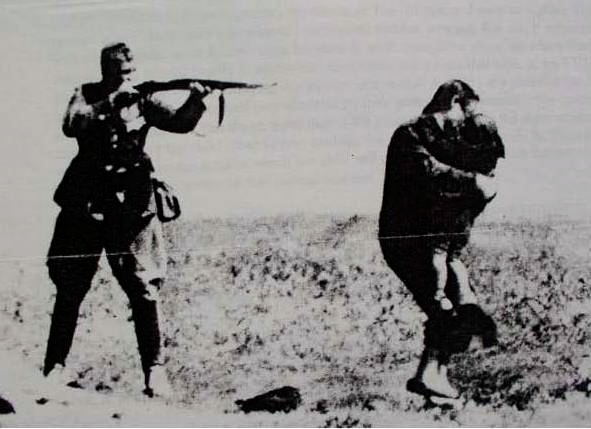 The Holocaust presented the world with the most tragic and abhorrent actions that mankind can perpetrate against its species. Daniel Goldhagen and Christopher Browning present contrasting claims regarding the agents of Reserve Police Battalion 101 during the war and the reasons for their actions. Who were these people, and what allowed them to kill their fellow man without the slightest regard for human decency and without a feeling of empathy? Following Hannah Arendt, I argue that the actions of Holocaust perpetrators were symptomatic of larger issues running through modernity, of which the Holocaust is but one tragic example. Thoughtlessness plagued the perpetrators, but it was a thoughtlessness borne not out of the individuals themselves, but out of the modern context in which they were operating. As a case study of human action within the modern era, the Holocaust provides a warning for the future concerning the lack of reflection regarding the morality of situations with the potential to bring about another Holocaust.
The Holocaust presented the world with the most tragic and abhorrent actions that mankind can perpetrate against its species. Daniel Goldhagen and Christopher Browning present contrasting claims regarding the agents of Reserve Police Battalion 101 during the war and the reasons for their actions. Who were these people, and what allowed them to kill their fellow man without the slightest regard for human decency and without a feeling of empathy? Following Hannah Arendt, I argue that the actions of Holocaust perpetrators were symptomatic of larger issues running through modernity, of which the Holocaust is but one tragic example. Thoughtlessness plagued the perpetrators, but it was a thoughtlessness borne not out of the individuals themselves, but out of the modern context in which they were operating. As a case study of human action within the modern era, the Holocaust provides a warning for the future concerning the lack of reflection regarding the morality of situations with the potential to bring about another Holocaust.
Spring 2011 Senior Thesis Abstracts
“Necessarily Irrational: An Investigation into the Irrational” by Ann Byrne
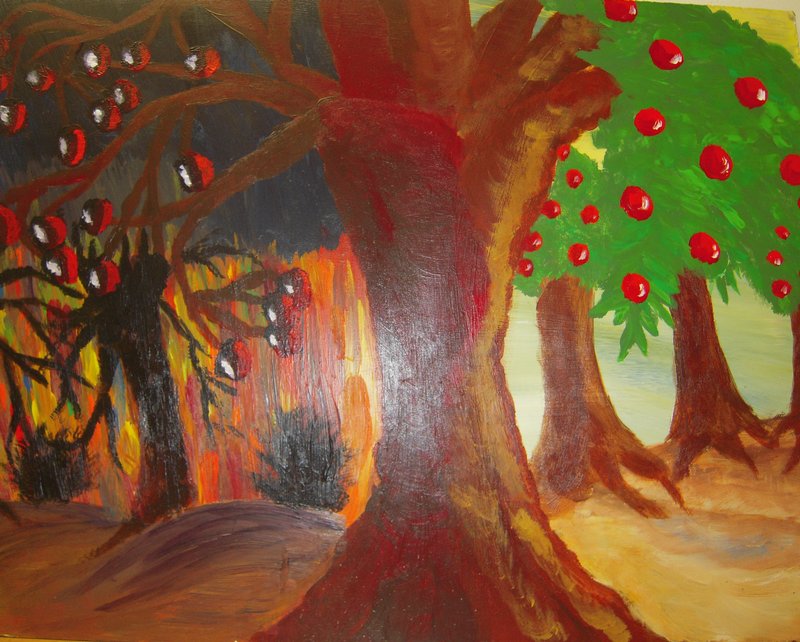 Why do we humans continually find ourselves acting irrationally? Considering we have fondly titled ourselves the most rational creatures on the planet, one would think that humans must always exercise this grand ability in their decision making -- but evidence seems to suggest otherwise. This thesis investigates in particular two types of irrational choice: those in which we seem unaware of our irrationality due to self-deception, and those in which we are fully aware we are choosing to act irrationally. A focus of the discussion is on irrational choices that are made repetitively and cause self-harm.
Why do we humans continually find ourselves acting irrationally? Considering we have fondly titled ourselves the most rational creatures on the planet, one would think that humans must always exercise this grand ability in their decision making -- but evidence seems to suggest otherwise. This thesis investigates in particular two types of irrational choice: those in which we seem unaware of our irrationality due to self-deception, and those in which we are fully aware we are choosing to act irrationally. A focus of the discussion is on irrational choices that are made repetitively and cause self-harm.
“Uncovering Violence” by Ethan Hall
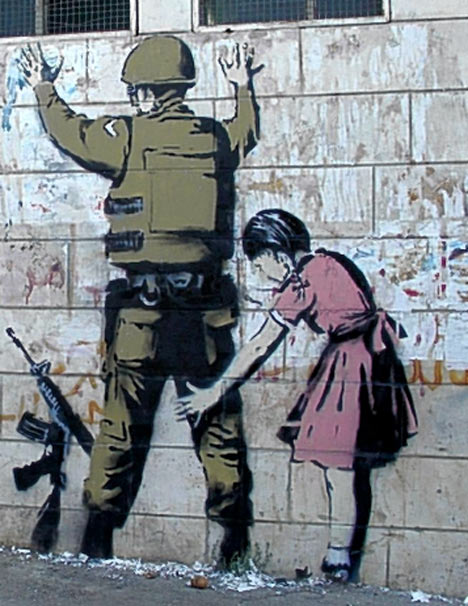 Can any philosophy justify political violence? Maurice Merleau-Ponty and Slavoj Zizek provide frameworks that allow us to understand violence properly as an ontological condition. Merleau-Ponty expresses trepidation about the possible use of violent action to bring about a more human future, because violent acts do not follow the course of a predictably unfolding history, but rather they impose a specific vision for the future. His philosophy favors a system that is honest about the way violence pervades human relations over one that obfuscates its responsibility. Similarly, Zizek's hope is that by adopting his framework, one can properly understand violence, responsibly assess his conditions, and consider violence as a possibility and a social reality instead of a taboo. It is time to look beyond the Molotov and the Billy club; the framework our society uses to understand violence obscures an ugly picture. Western powers failed to understand the eruptions across Northern Africa and the Middle East, where populations challenged institutions reinforced by symbolic and systemic violence. These movements challenged imposed perspectives and cast light on an impoverished understanding of violence that is in dire need of new ideas.
Can any philosophy justify political violence? Maurice Merleau-Ponty and Slavoj Zizek provide frameworks that allow us to understand violence properly as an ontological condition. Merleau-Ponty expresses trepidation about the possible use of violent action to bring about a more human future, because violent acts do not follow the course of a predictably unfolding history, but rather they impose a specific vision for the future. His philosophy favors a system that is honest about the way violence pervades human relations over one that obfuscates its responsibility. Similarly, Zizek's hope is that by adopting his framework, one can properly understand violence, responsibly assess his conditions, and consider violence as a possibility and a social reality instead of a taboo. It is time to look beyond the Molotov and the Billy club; the framework our society uses to understand violence obscures an ugly picture. Western powers failed to understand the eruptions across Northern Africa and the Middle East, where populations challenged institutions reinforced by symbolic and systemic violence. These movements challenged imposed perspectives and cast light on an impoverished understanding of violence that is in dire need of new ideas.
“Learn How to Die: A philosophical Examination of the Fear of Death” by Shenikua Mcgann
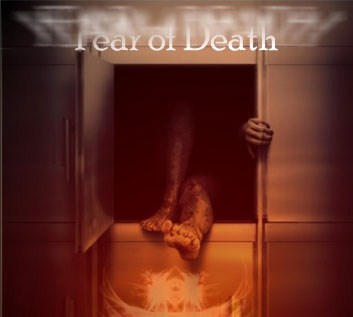 Death-fear is something our society struggles with day in and day out. There are many rational societal anxieties that are associated with the depletion of life. Death is coupled with pain, misery, and dread. But in life there is no death and in death there is no life; so what brings about the fear? No one knows what happens after death, or when we will die, no one knows how it feels to die or how exactly we will die for that matter. This fear of not knowing anything about death scares many people. This paper challenges this aspect of death-fear and argues for the concept of being free from death and thus using it to live. Death has an importance in life, but death should not be feared to the point of domination and anxiety. Awareness of our own mortality will bring to fulfillment, authenticity, liberation, and appreciation. This is how we learn how to die.
Death-fear is something our society struggles with day in and day out. There are many rational societal anxieties that are associated with the depletion of life. Death is coupled with pain, misery, and dread. But in life there is no death and in death there is no life; so what brings about the fear? No one knows what happens after death, or when we will die, no one knows how it feels to die or how exactly we will die for that matter. This fear of not knowing anything about death scares many people. This paper challenges this aspect of death-fear and argues for the concept of being free from death and thus using it to live. Death has an importance in life, but death should not be feared to the point of domination and anxiety. Awareness of our own mortality will bring to fulfillment, authenticity, liberation, and appreciation. This is how we learn how to die.
“Bad Sex: America and Moral Considerations in Sexual Activity” by Charles O’Connor
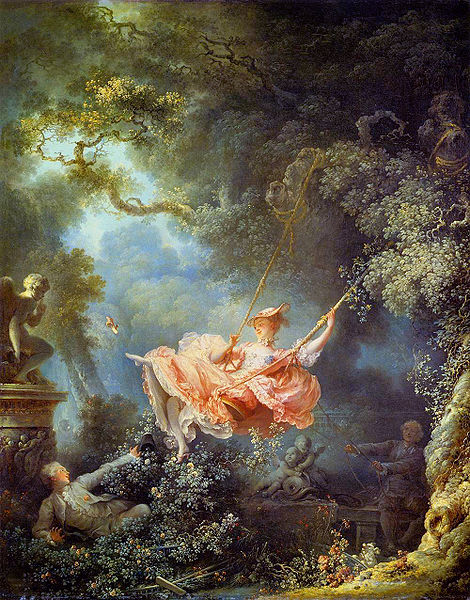 Modern American culture is suffering sexually. There are advertisements, movies, magazines, texts and tweets all filled with sexual messages that are negatively affecting our interpersonal sexual interactions. Sexual activity has become highly self-interested, disengaged, and immoral. What can we do to fix this? Is sexual activity something that can even be analyzed morally? I discuss the broad cultural influences of our deteriorating sexual morality such as our capitalist economy, technological advances, and a strong rebellion against the sexual repression of the past. More specifically I explore what a healthy and moral sexual relationship would consist of and explain how it can lead to greater sexual satisfaction.
Modern American culture is suffering sexually. There are advertisements, movies, magazines, texts and tweets all filled with sexual messages that are negatively affecting our interpersonal sexual interactions. Sexual activity has become highly self-interested, disengaged, and immoral. What can we do to fix this? Is sexual activity something that can even be analyzed morally? I discuss the broad cultural influences of our deteriorating sexual morality such as our capitalist economy, technological advances, and a strong rebellion against the sexual repression of the past. More specifically I explore what a healthy and moral sexual relationship would consist of and explain how it can lead to greater sexual satisfaction.
“The Unfairness of Justice” by Victoria Pullizzi
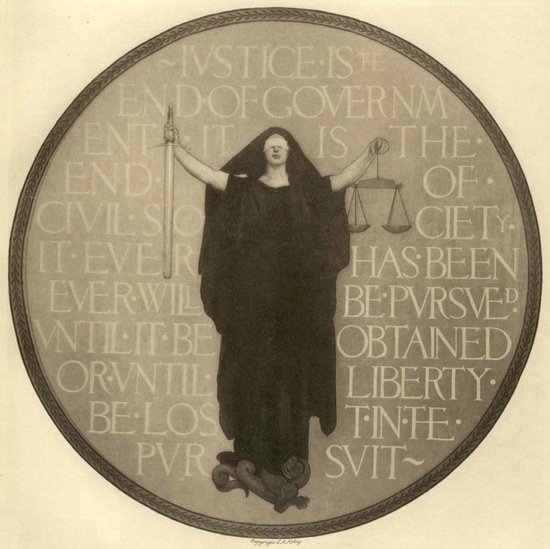 Our judicial system exists to ensure that laws are held to a standard that protects people and gives due process to offenders. Offenders are given an opportunity before a judge to defend themselves for the offense they are accused of committing. However, habitual offenders are often treated unfairly by the law, especially non-violent offenders. The American justice system has struggled to create just laws that respond to the particular problem of repeat offenders. But many cases exist where non-serious and non-violent offenders are put behind bars to serve life sentences or sentences that are disproportional to the offense. Recently over twenty states have adopted mandatory sentencing laws and have taken away the power of judging from judges.
Our judicial system exists to ensure that laws are held to a standard that protects people and gives due process to offenders. Offenders are given an opportunity before a judge to defend themselves for the offense they are accused of committing. However, habitual offenders are often treated unfairly by the law, especially non-violent offenders. The American justice system has struggled to create just laws that respond to the particular problem of repeat offenders. But many cases exist where non-serious and non-violent offenders are put behind bars to serve life sentences or sentences that are disproportional to the offense. Recently over twenty states have adopted mandatory sentencing laws and have taken away the power of judging from judges.
I will argue that judges must have the power to examine the specific circumstances of each case and take into account the diverse life situations of each offender. Unfortunately, habitual offenders have been grouped together and have been frequently given undeserved and harsh punishment for their crimes. I argue that we must put the judging back in judging and allow courts to appropriately punish offenders in light of the specific circumstances of their case and the gravity of their offense.
“It's Only a Day Away: A Philosophical Exploration of Procrastination” by Michael Rubino
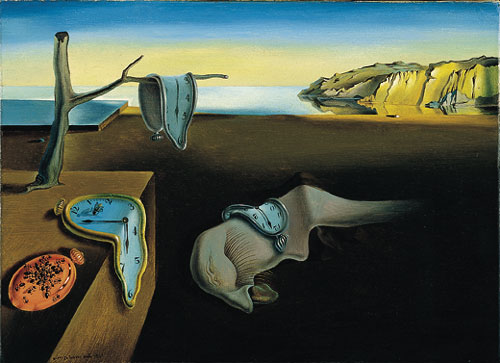 Procrastination is generally regarded as a bad habit; a negative human tendency which should be avoided and reduced. It has been described as a vice, a weakness of will, and a failure of rational reasoning. Countless self-help books offer strategies for overcoming procrastination, advising that a more fulfilling life can be had without it. What, though, is procrastination exactly? Procrastination is more than simply a delay or "putting-off" of a task. In this paper, I explore the definitions and analyses that various scholars have offered regarding procrastination, as well as the connotations that accompany it. This paper challenges the assumption that procrastination is an inherently negative, damaging phenomenon that should be eliminated in the ideal human life. I argue that procrastination is a passive-aggressive revolt against an overly-structured life, and as such, is a meaningful, even necessary part of life which can have wide-ranging positive effects.
Procrastination is generally regarded as a bad habit; a negative human tendency which should be avoided and reduced. It has been described as a vice, a weakness of will, and a failure of rational reasoning. Countless self-help books offer strategies for overcoming procrastination, advising that a more fulfilling life can be had without it. What, though, is procrastination exactly? Procrastination is more than simply a delay or "putting-off" of a task. In this paper, I explore the definitions and analyses that various scholars have offered regarding procrastination, as well as the connotations that accompany it. This paper challenges the assumption that procrastination is an inherently negative, damaging phenomenon that should be eliminated in the ideal human life. I argue that procrastination is a passive-aggressive revolt against an overly-structured life, and as such, is a meaningful, even necessary part of life which can have wide-ranging positive effects.
“Infinity: The History, the Mathematics, the Philosophy” by William Smith
 In the study of philosophy, many questions abound about the infinite. In many Western theologies, God is traditionally described as being all-powerful, all-knowing, and all-loving. When we say these things, what are we really saying? Does it even make sense to talk about God in this way? In physics and metaphysics, questions about the nature of the universe are deeply connected to the infinite. Does the universe go on forever? Is there a smallest divisible constituent of matter? Even questions about life and death lead us to explore the infinite. We know that we are mortal creatures, but can we imagine what living forever would really mean? In this paper, I examine some classic problems in thinking about infinity, such as Zeno's paradox and Hilbert's hotel. I explore the history and mathematics of infinity, from Aristotle and the ancient Greeks, through the invention of Calculus and the works of Isaac Newton and Gottfried Wilhelm Leibnitz, through modern mathematical ideas of infinity from such thinkers as Karl Weierstrass, Julius Dedekind, Leopold Kronecker, Georg Cantor, Kurt Gödel, and Paul Cohen. I also discuss the philosophy of mathematics that emerged from this work on infinity, most notably the school of Intuitionism in the spirit of L. E. J. Brouwer and the school of Formalism in the spirit of David Hilbert. I conclude by discussing how these mathematical notions of infinity, ideas of the infinitely large and the infinitesimally small, the potentially infinite and the actually infinite, the cardinally infinite and the ordinally infinite, the countably infinite and the uncountably infinite, as well as the philosophies of mathematics that have emerged from them, can help us to understand and address the deeper philosophical questions surrounding the infinite.
In the study of philosophy, many questions abound about the infinite. In many Western theologies, God is traditionally described as being all-powerful, all-knowing, and all-loving. When we say these things, what are we really saying? Does it even make sense to talk about God in this way? In physics and metaphysics, questions about the nature of the universe are deeply connected to the infinite. Does the universe go on forever? Is there a smallest divisible constituent of matter? Even questions about life and death lead us to explore the infinite. We know that we are mortal creatures, but can we imagine what living forever would really mean? In this paper, I examine some classic problems in thinking about infinity, such as Zeno's paradox and Hilbert's hotel. I explore the history and mathematics of infinity, from Aristotle and the ancient Greeks, through the invention of Calculus and the works of Isaac Newton and Gottfried Wilhelm Leibnitz, through modern mathematical ideas of infinity from such thinkers as Karl Weierstrass, Julius Dedekind, Leopold Kronecker, Georg Cantor, Kurt Gödel, and Paul Cohen. I also discuss the philosophy of mathematics that emerged from this work on infinity, most notably the school of Intuitionism in the spirit of L. E. J. Brouwer and the school of Formalism in the spirit of David Hilbert. I conclude by discussing how these mathematical notions of infinity, ideas of the infinitely large and the infinitesimally small, the potentially infinite and the actually infinite, the cardinally infinite and the ordinally infinite, the countably infinite and the uncountably infinite, as well as the philosophies of mathematics that have emerged from them, can help us to understand and address the deeper philosophical questions surrounding the infinite.
“Finding a Balance” by Michael J. Smitsky
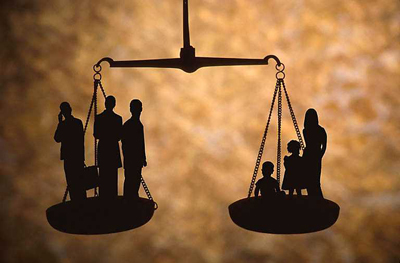 Although effective, the procedural methods of achieving justice can be daunting. Using a jury of peers to make judgments regarding personal freedom removes the necessity of personalization to accurately determine levels of guilt or innocence. Subcultures and individual circumstance are also consistently neglected. As a result, the supposedly impartial procedural justice systems actually make partial judgments and promote injustice. With over 10,000 wrongful imprisonments occurring per year, it is crucial to mend the inherent flaws in the judicial process through humanizing procedure.
Although effective, the procedural methods of achieving justice can be daunting. Using a jury of peers to make judgments regarding personal freedom removes the necessity of personalization to accurately determine levels of guilt or innocence. Subcultures and individual circumstance are also consistently neglected. As a result, the supposedly impartial procedural justice systems actually make partial judgments and promote injustice. With over 10,000 wrongful imprisonments occurring per year, it is crucial to mend the inherent flaws in the judicial process through humanizing procedure.
“Towards Eating” by Christopher Wolf
 Eating neither begins with eating nor ends with eating, and so could never be contained within its own. Consequently there is a fromness, throughness, and forness of food-all of which are integrated and inform one another recurrently to some degree, rendering food as food, which is that defining focal point of eating. And it is through coming-to eating and in alive eating itself that we truly begin to remind ourselves of ourselves, and in doing so, attend to the world in Being completely as Belonging, which is the way of living that manifests itself as the foundation of enlightenment which places us in reach of the meaning of our existence. Living neither begins with living nor ends with living-we are mirrors moving deeply into mirrors, where contexts shape and worlds emerge: through alive eating we begin to answer those most deeply held inquiries that each and every one of us bear.
Eating neither begins with eating nor ends with eating, and so could never be contained within its own. Consequently there is a fromness, throughness, and forness of food-all of which are integrated and inform one another recurrently to some degree, rendering food as food, which is that defining focal point of eating. And it is through coming-to eating and in alive eating itself that we truly begin to remind ourselves of ourselves, and in doing so, attend to the world in Being completely as Belonging, which is the way of living that manifests itself as the foundation of enlightenment which places us in reach of the meaning of our existence. Living neither begins with living nor ends with living-we are mirrors moving deeply into mirrors, where contexts shape and worlds emerge: through alive eating we begin to answer those most deeply held inquiries that each and every one of us bear.